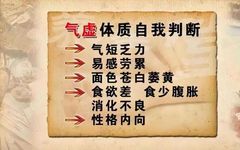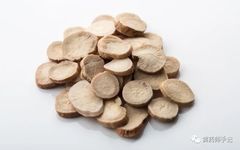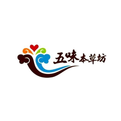Traditional Chinese Medicine: The Essence of Qi, Symptoms of Qi Deficiency, and How to Nourish the Five Organs
Health is beautiful, and we aim to promote health knowledge. Click below to follow for free↓↓↓ Full of vitality and physical strength is a sign of good health, while Qi deficiency not only leads to fatigue and weakness but also affects the functions of related organs, causing various health issues. The manifestations of Qi deficiency … Read more








